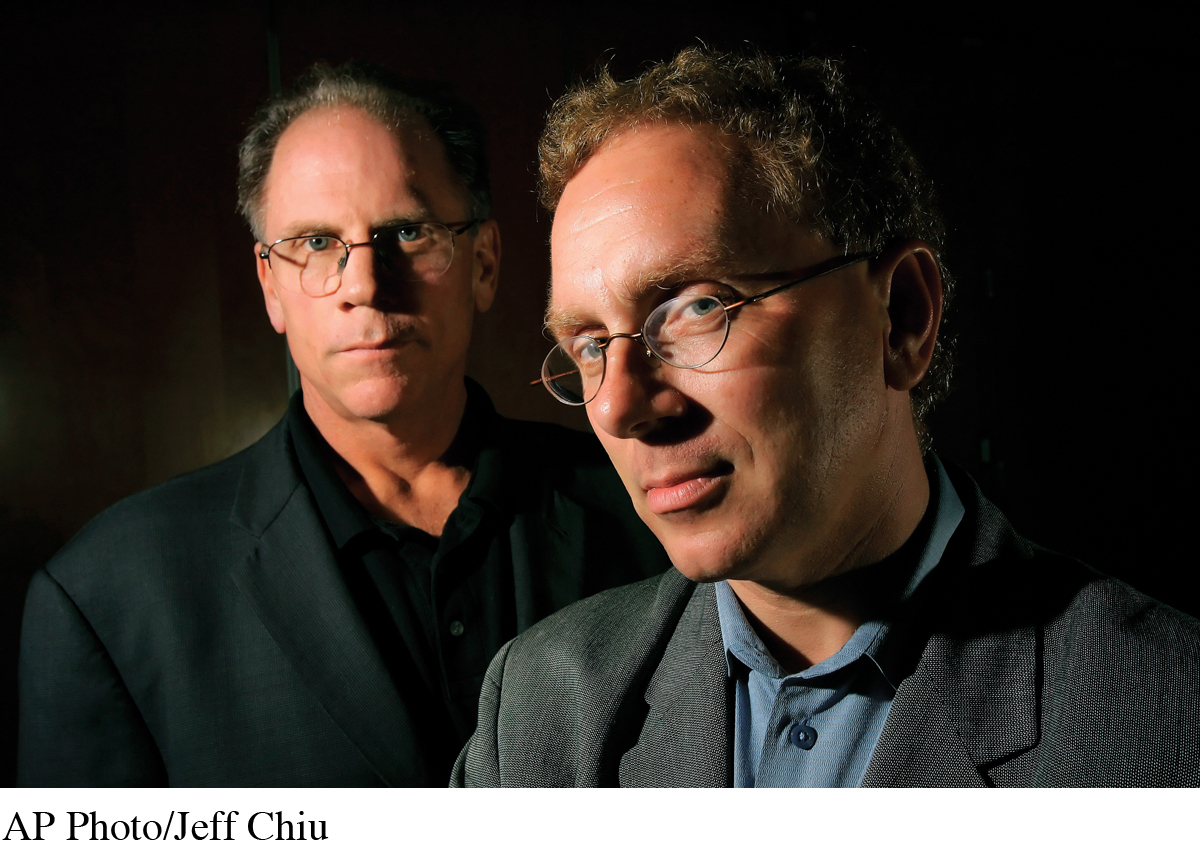The Media Marketplace and Democracy

THE PRESIDENT AND COFOUNDER of Free Press, a national nonpartisan organization dedicated to media reform, Robert McChesney is one of the foremost scholars of media economics in the United States. For ten years he hosted Media Matters, a radio call-
In the midst of today’s major global transformations of economies, cultures, and societies, the best way to monitor the impact of transnational economies is through vigorous news attention and lively public discussion. Clearly, however, this process is being hampered. Starting in the 1990s, for example, news organizations, concerned about the bottom line, severely cut back the number of reporters assigned to cover international developments. This occurred—
We live in a society in which often superficial or surface consumer concerns, stock market quotes, and profit aspirations, rather than broader social issues, increasingly dominate the media agenda. In response, critics have posed some key questions: As consumers, do we care who owns the media as long as most of us have a broad selection of products? Do we care who owns the media as long as multiple voices seem to exist in the market?
The Effects of Media Consolidation on Democracy
Merged and multinational media corporations will continue to control more aspects of production and distribution. Of pressing concern is the impact of mergers on news operations, particularly the influence of large corporations on their news subsidiaries. These companies have the capacity to use major news resources to promote their products and determine national coverage.
Because of the growing consolidation of mass media, it has become increasingly difficult to sustain a public debate on economic issues. From a democratic perspective, the relationship of our mass media system to politics has been highly dysfunctional. Politicians in Washington, D.C., have regularly accepted millions of dollars in contributions from large media conglomerates and their lobbying groups to finance their campaigns. This changed in 2008 when the Obama campaign raised much of its financing from small donors. Still, corporations got a big boost from the Supreme Court in early 2010 in the Citizens United case. In a five-
As unfettered corporate political contributions count as “political speech,” some corporations are experiencing backlash (or praise) once their customers discover their political positions. For example, in 2012, fast-
Politicians have often turned to local television stations, spending record amounts during each election period to get their political ads on the air. In 2004, spending on the federal elections in the United States totaled $4.14 billion, with a large portion of that going to local broadcasters for commercials for congressional candidates and (in swing states like Ohio, Iowa, and Florida) for presidential candidates. In 2008, spending on federal elections topped $5.28 billion, and in 2012, it surpassed $6.28 billion.34 But although local television stations have been happy to get part of the ever-
The Pew Research Center’s Project for Excellence in Journalism reported that from 2005 to 2013, the amount of airtime given to weather, traffic, and sports on local news broadcasts expanded from 32 percent to 40 percent. Meanwhile, over that same period, the amount of time spent on politics and government stories slipped from 7 percent to 3 percent. The study’s authors noted, “For some time, television consultants have been advising local television stations that viewers aren’t interested in politics and government, and it appears that advice is being taken.”35
Although television consultants might have concluded that local viewers aren’t interested in politics and government, political consultants are only increasing the onslaught of political television ads every campaign season. Thus there is little news content to provide a counterpoint to all the allegations that might be hurled in the barrage of political ads.
The Media Reform Movement
Robert McChesney and John Nichols described the state of concern about the gathering consolidation of mainstream media power: “‘Media Reform’ has become a catch-
Still, in some places, local groups and consumer movements are trying to address media issues that affect individual and community life. Such movements—
With this reform victory and the 2008–09 economic crisis, perhaps we are more ready than ever to question some of the hierarchical and undemocratic arrangements of what McChesney, Nichols, and other reform critics call “Big Media.” Even in the face of so many media mergers, the general public today seems open to such examinations, which might improve the global economy, improve worker conditions, and serve the public good. By better understanding media economics, we can play a more knowledgable role in critiquing media organizations and evaluating their impact on democracy.